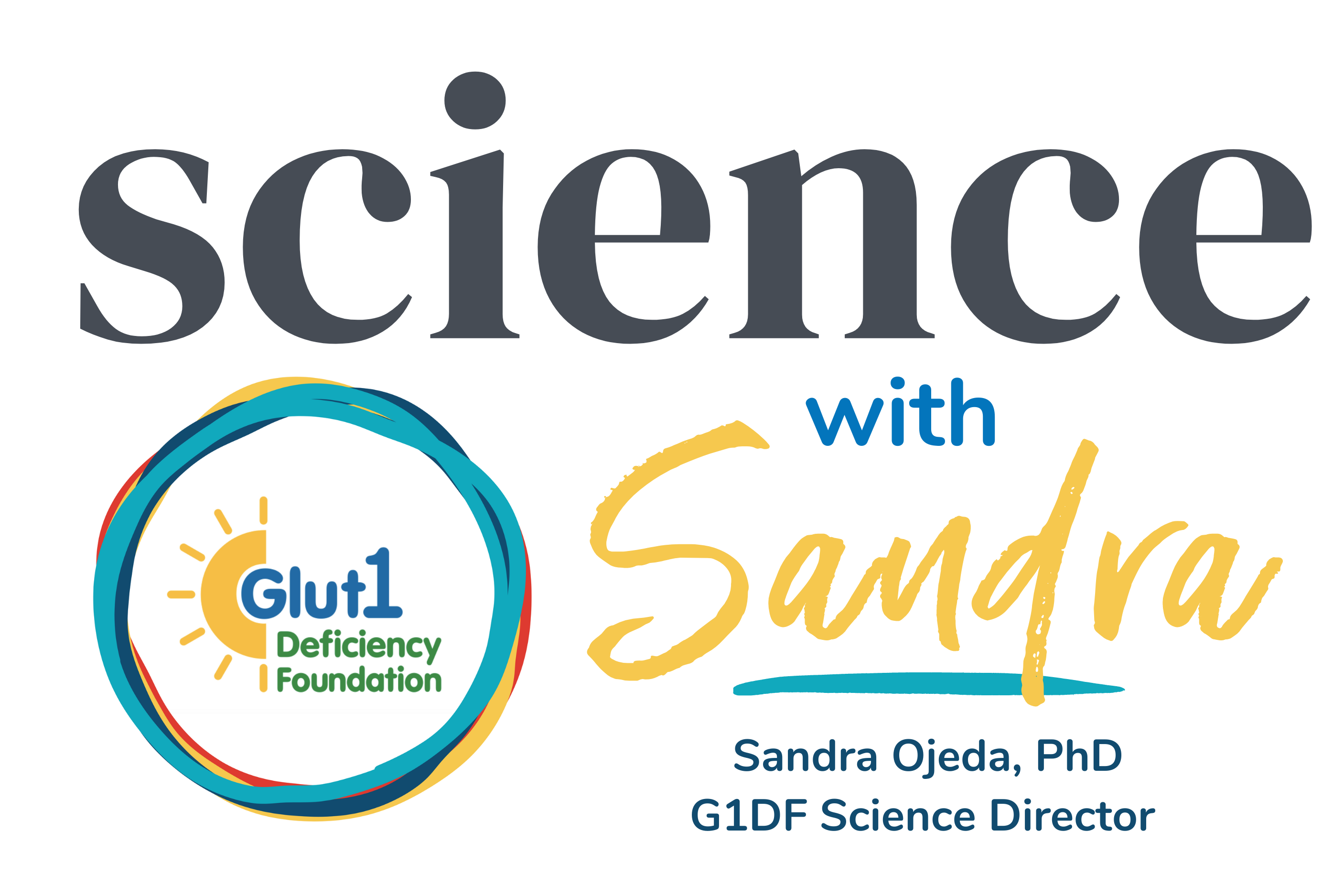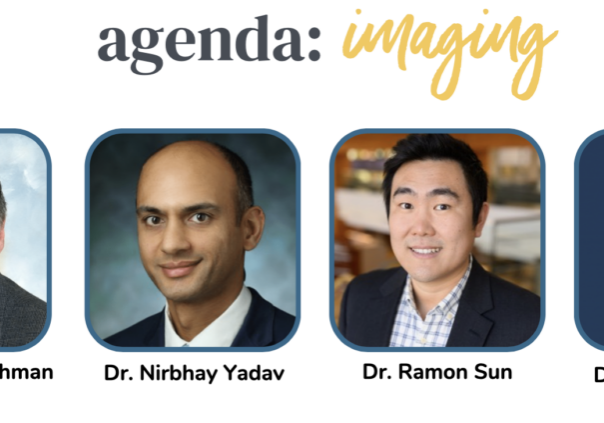MATRIX Natural History Study Snapshots

Hello everyone and welcome to Science with Sandra!
This month, I would like to share with you the second report of preliminary results of the MATRIX Natural History Study that launched in July 2022.
This report is preliminary and we cannot make any solid conclusions yet, however I wanted to share this brief snapshot so that you can see the type of questions that have been asked and the information the participants have shared anonymously. I hope this report brings awareness of the importance of the participation of our global community and the benefits it will bring to our community as a whole.
The goal of this study is to help understand the individual experiences of people who have this disease so researchers can better understand its impact on patients and how that may change over time. These insights will be critical for developing new and better ways to diagnose and treat Glut1 Deficiency.
The method for this study is the use of patient reported surveys. The virtual surveys being implemented are developed by ClinGen to capture a snapshot of a person’s overall health and be able to monitor for changes over time.
The short surveys use common data elements and can be compared across other diseases. They are available in English, Spanish, Italian, French, German, Brazilian Portuguese, Hebrew, and Korean.
Participants start with a general health and development “head to toe” survey of all body systems, and any issues noted in specific areas then branch into more detailed, in-depth surveys to capture more information.
Surveys will be repeated each year to capture changes over time.
The results we have obtained until now are shown below. Regarding demographics, 52 patients from around the world have registered to participate in this study, however, some of them have not completed the consent form to participate in the study, some have not uploaded their genetic test or lumbar puncture results to confirm the diagnosis and some have not completed the surveys. In total 29 participants have completed the registration process.
Demographics:

Demographics data shows that most of the participants (58%) are females and the majority of participants (48%) are within the 18-53 year old age range.
Genetics:

Genetics information indicates that 65% of participants have received genetic testing, and most (32%) participants are not sure of the type of test received. In addition, most of the genetic variants or mutations on the SLC2A1 gene are unknown, followed by missense and deletions. Missense variants are changes in a nucleotide (A, G, T or C), that can lead to a change in aminoacid, this amino acid change can or cannot cause disease depending on the amino acid change.
Ketogenic diet:

The results of the brief survey regarding the ketogenic diet use indicate that 68% of participants have tried the ketogenic dietary treatment. The classical diet and the modified atkins diet are reported as the most commonly used.
Head to toe survey:

The purpose of this general health survey is to have a better idea of the overall health of the participants. The results indicate that the top three health issue experienced in our patient community are: issues with the brain and nervous system (100%), issues with muscles (69%) and issues with eyes and vision (65%).
Mother’s pregnancy:

28% of participants reported experiencing issues during mother’s pregnancy, with the most common being complications at term (67%). It is important to point out that not all the people who responded as experiencing issues with mother’s pregnancy responded to the pregnancy survey.
Growth issues:

Participants reported that 21% experienced issues with growth with undergrowth being the most common issue (67%).
Eyes and/or vision:

Issues with eyes and/or vision were one of the top 3 issues reported by participants. The majority of participants (61%) reported experiencing abnormal eye movements. It is important to point out that not all the people who responded as experiencing issues with eyes and/or vision responded the eyes and/or vision survey.
Ears and/or hearing:

14% of participants reported experiencing issues with ears and/or hearing. Most of these participants reported experiencing issues that were not listed in the survey such as excessive ear infections, perforated ear drums and the use of ear tubes.
Behavior issues:

Behavior issues were reported by 48% of participants. Anxiety and short attention span were the most common issues (78%). It is important to point out that not all the people who responded as experiencing issues with behavior responded the behavior survey.
Brain and nervous system issues:

All participants reported experiencing issues with brain an nervous system.The top 3 issues experienced are coordination issues (94%), cognitive impairment (88%) and seizures (81%). It is important to point out that most of the participants in the Natural History study are adult patients, and maybe this is one of the reasons why seizures are not the most prevalent issue. It is known that seizures are most commonly experienced in children with Glut1 Deficiency and as they get older seizures tend to decrease, while other symptoms start to develop. It is important to point out that not all the people who responded as experiencing issues brain an nervous system responded the brain an nervous system survey.
Skin issues:

Skin issues are experienced by 21% of participants. Most of these participants reported experiencing issues that were not listed in the survey such Raynaud’s disease, eczema and bumps behind knees related to warts. It is important to point out that not all the people who responded as experiencing issues skin responded the skin survey.
Muscle issues:

69% of participants reported experiencing issues with muscles, with the most common issue being abnormal muscle function (92%). It is important to point out that not all the people who responded as experiencing issues with muscles responded the muscles survey.
Bone and/or cartilage:

Bone and/or cartilage issues were reported by 21% of participants with flexible joints being the most common issue (75%). It is important to point out that not all the people who responded as experiencing issues with bones and/or cartilages responded the bones and/or cartilages survey.
Heart and/or blood vessels:

14% of participants reported experiencing heart and/or blood vessels issues. Most of these participants (67%) reported experiencing issues that were not listed in the survey such as vascular malformations, small blood vessels in brain and herat murmur. It is important to point out that not all the people who responded as experiencing issues with heart and/or blood vessel responded the heart and/or blood vessel survey.
Digestive system:

Digestive system issues were reported by 41% of participants with feeding difficulties being the most common issue (71%). It is important to point out that not all the people who responded as experiencing issues with digestive system responded the digestive system survey.
Kidney, bladder and/or reproductive parts:

25% of participants reported experiencing issues with kidney, bladder and/or reproductive parts. The most common issue reported was abnormal bladder (60%). It is important to point out that not all the people who responded as experiencing issues with kidney, bladder and/or reproductive parts responded the kidney, bladder and/or reproductive parts survey.
Immune system:

Immune system issues were reported by 7% of participants; participants have reported experiencing immunodeficiency and recurrent infections.
Oral health:

6% of participants reported experiencing oral health issues. Most of these participants (75%) reported experiencing issues that were not listed in the survey such as temporo-mandibular joint, never loosing baby tooth and teeth staining. It is important to point out that not all the people who responded as experiencing issues with oral health responded the oral health survey.
Discussion:
The data presented here is just a snapshot of some patient reported data. The number of participants in our Natural History Study has increased since our last report in July, however, the enrollment is still low to make any solid conclusions. We would like to encourage more participation from our families across the world, because it is important to hear all our voices and to count everyone in the study, so that better treatments can be developed for our loved ones.
Please do not hesitate to contact me if you are interested in participating in this study or if you have a any questions. My email address is: [email protected].
Thank you for visiting our blog!



